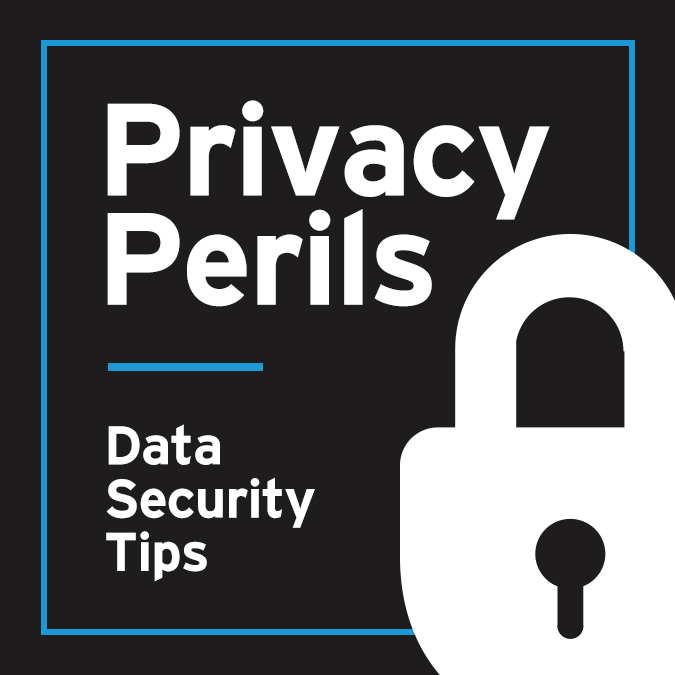All too often our Inbox is filled with spam, nonbusiness, or merely unsolicited emails. Whether or not welcome, some are legitimate marketing communications looking to make a sale. Often, however, they are spam emails seeking to trick the recipient into clicking on a link which, at best, directs the recipient to an unwanted advertisement, or at worst can infect the recipient’s computer with a virus, install ransomware, or steal personal information.
Though different in type and purpose, these marketing and spam (“sparketing?”) emails have something in common – they are only effective if opened. Marketers and spammers are both well aware that certain characteristics of an email Subject line can dramatically increase the likelihood the email will be opened. For example, using strong brand names that evoke an emotional reaction can markedly increase the effectiveness of the email. According to Data Breach Today and security firm ProofPoint, the word “trump” in an email Subject line appeared in election-related spam emails more than the next nine words – including “democrat,” “republican,” “obama,” “cruz,” “clinton,” “desantis” and “pelosi” — combined. The actual text of the “trump” email may have absolutely nothing to do with the U.S. President; rather, the Subject line choice was designed simply to grab your attention and alter your behavior. Words or phrases that reflect current events or news, such as “Megan Markel” or “March Madness” or “Privacy” or “Ed Sheeran” or “Supreme Court” or “Fourth of July” are also effective triggers.
Similarly, legitimate marketers intentionally look to use Subject lines which will grab the recipient’s attention. The extent of the research into what makes a marketing email Subject line effective is amazing. Maybe unsurprising, however, is that what makes a Subject line catchy works for both spammers and marketers. For example, action words such as “Boost” or “Beats” or “Reclaim” or “Showdown” or “Radical” or “Compelled” can increase the chance you’ll open an email from either. Even an otherwise innocuous word like “Holiday” may be included solely to slow your eye and sidestep your skepticism.
So what’s an unknowingly targeted email recipient to do? The answer is trite, but no less still true: Be aware, be thoughtful, and be careful. If the Subject line seems odd or out of the ordinary for a business email or for a personal email from a friend or family member, be alert. If it seems too good to be true, it probably is.
Think twice before you click once.
 Check out our series, Privacy Perils, to learn what steps you can take to guard your personal and company data. For more information about this topic and other cyber security concerns, please contact a member of our Privacy & Data Security team.
Check out our series, Privacy Perils, to learn what steps you can take to guard your personal and company data. For more information about this topic and other cyber security concerns, please contact a member of our Privacy & Data Security team.


